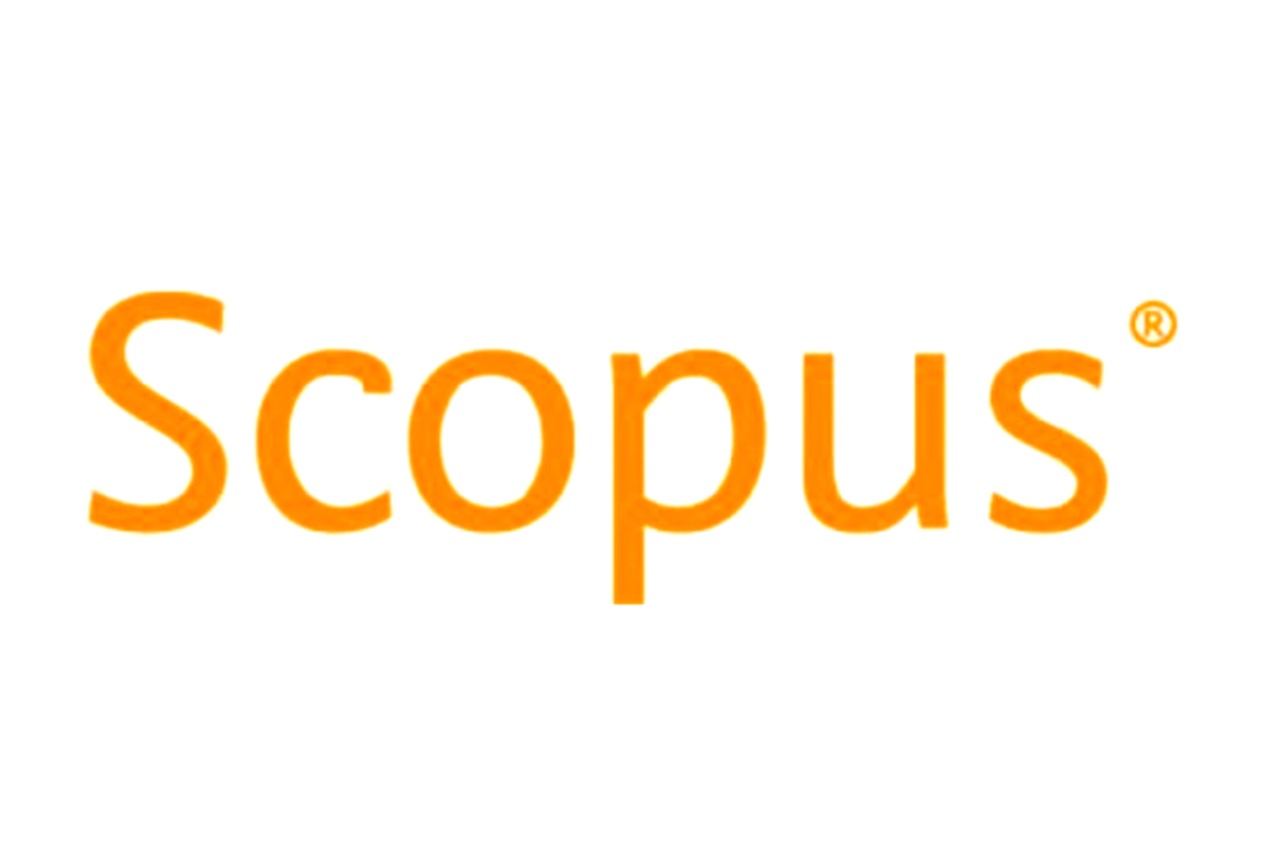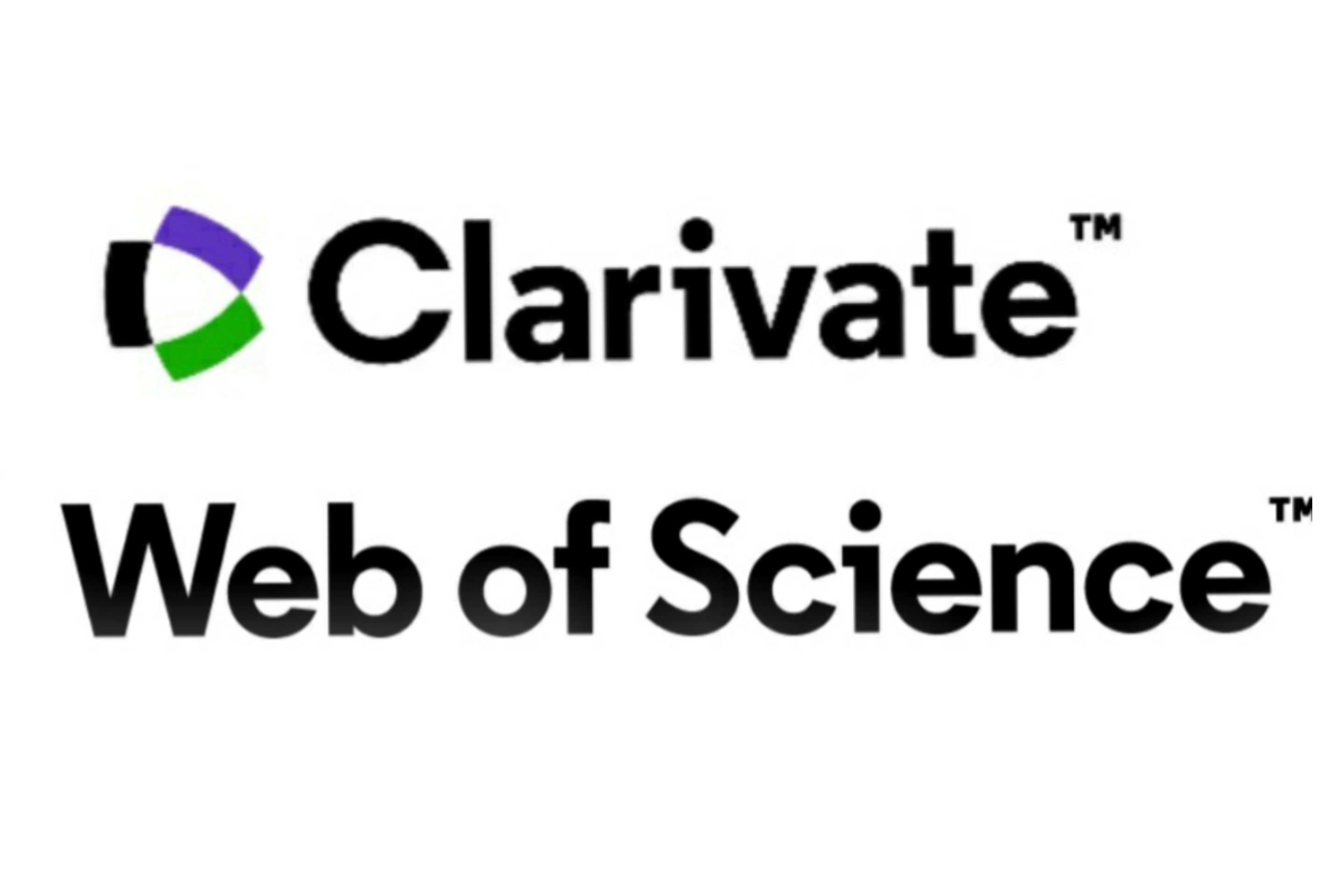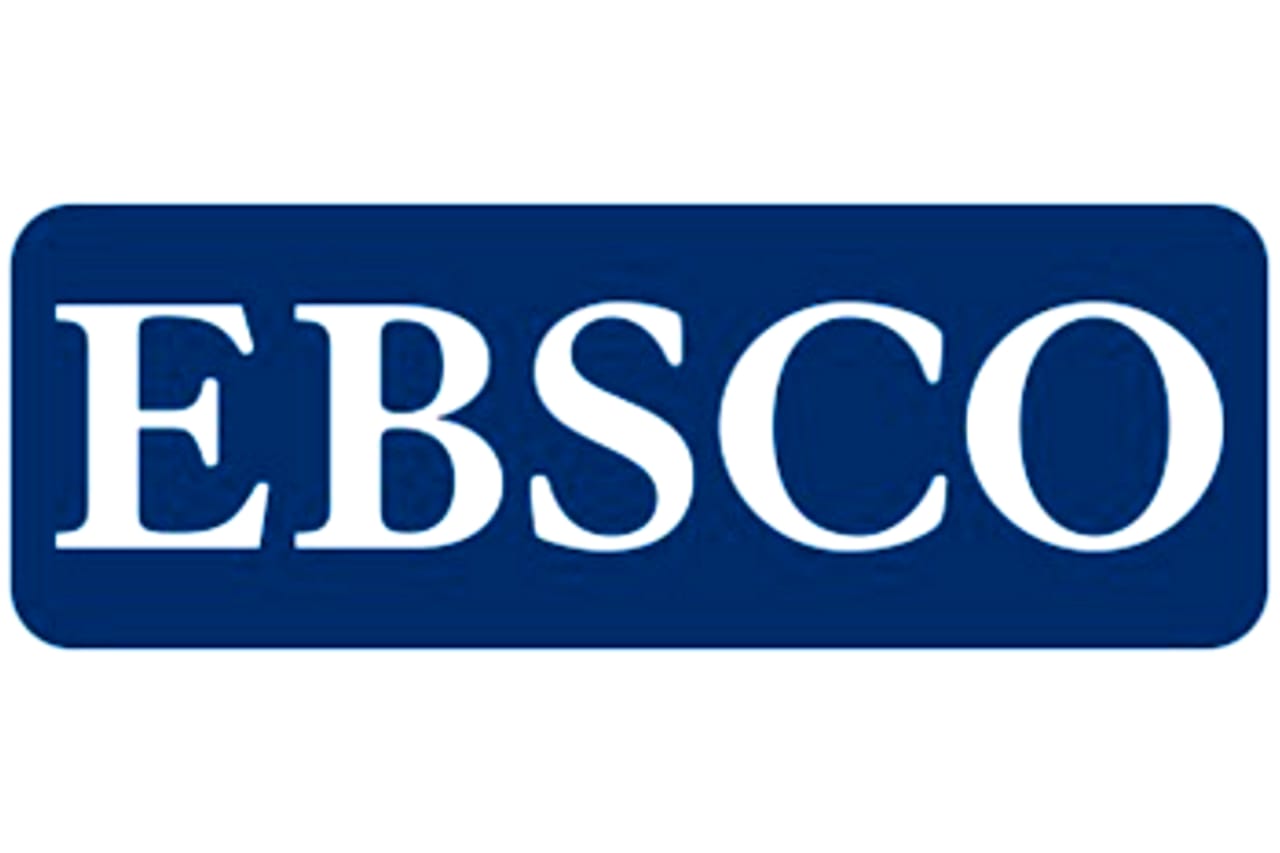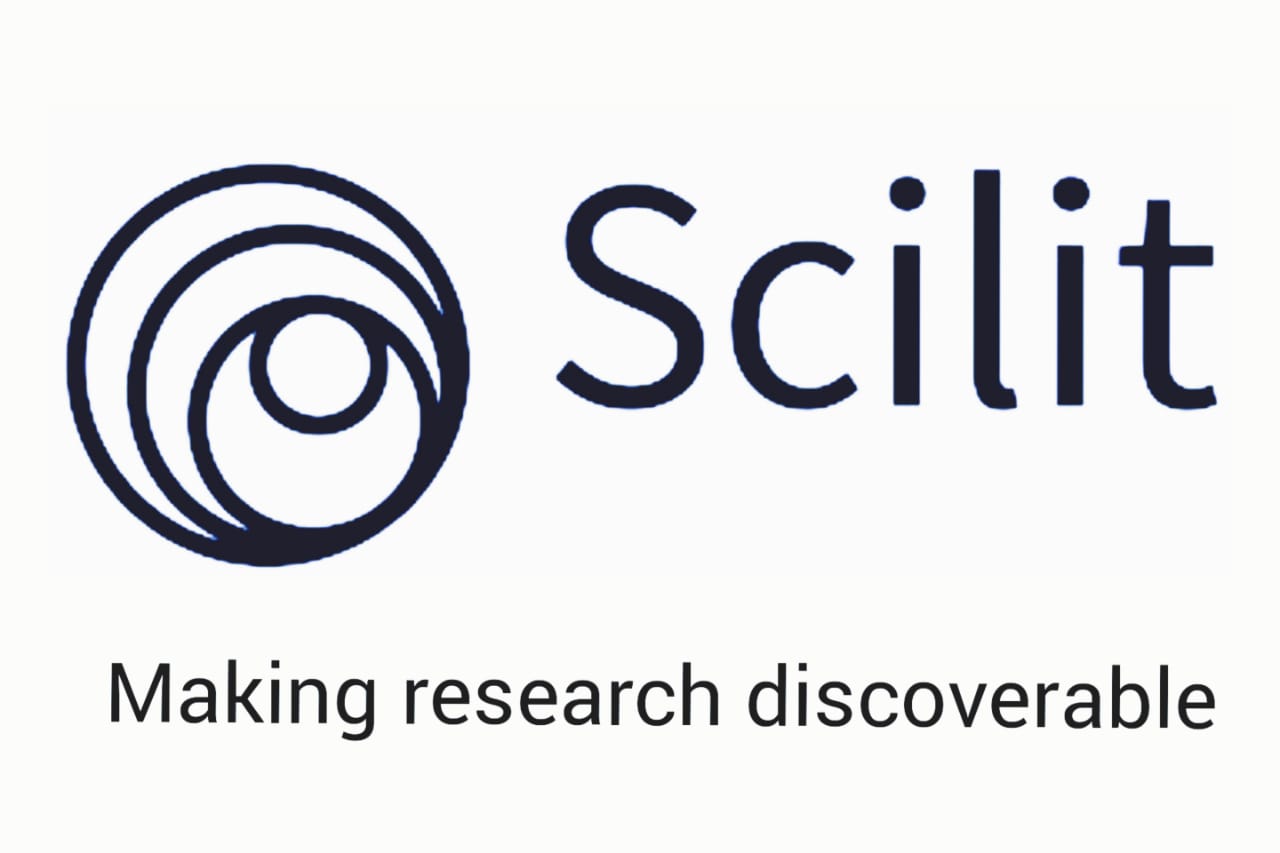Immersion principle for a variation calculus problem with boundary conditions
DOI:
https://doi.org/10.26577/ijmph.2018.v9i2.260Abstract
The immersion principle is based on the investigation of the Fredholm integral equation of the first kind. For the Fredholm integral equation of the first kind, the existence theorem for the solution as well as the theorem on its general solution are proved. The basis of the proposed method for solving the variation problem is the immersion principle. The essence of the immersion principle is that the original variation problem with the boundary conditions with phase and integral constraints is replaced by equivalent optimal control problem with a free right end of the trajectory. This approach is made possible by finding the general solution of a class of Fredholm integral equations of the first order. In this work a method for solving the Lagrange problem with phase restrictions for processes described by ordinary differential equations without involvement of the Lagrange principle is supposed. Necessary and sufficient conditions for existence of a solution of the variation problem are obtained, feasible control is found and optimal solution is constructed by narrowing the field of feasible controls. In contrast to the well-known method for solving the problem of the variation calculus on the basis of the Lagrange principle, an entirely new approach an "immersion principle" is proposed.
undefined undefined Звуковая функция ограничена 200 символами Настройки : История : Обратная связь : Donate Закрыть
















